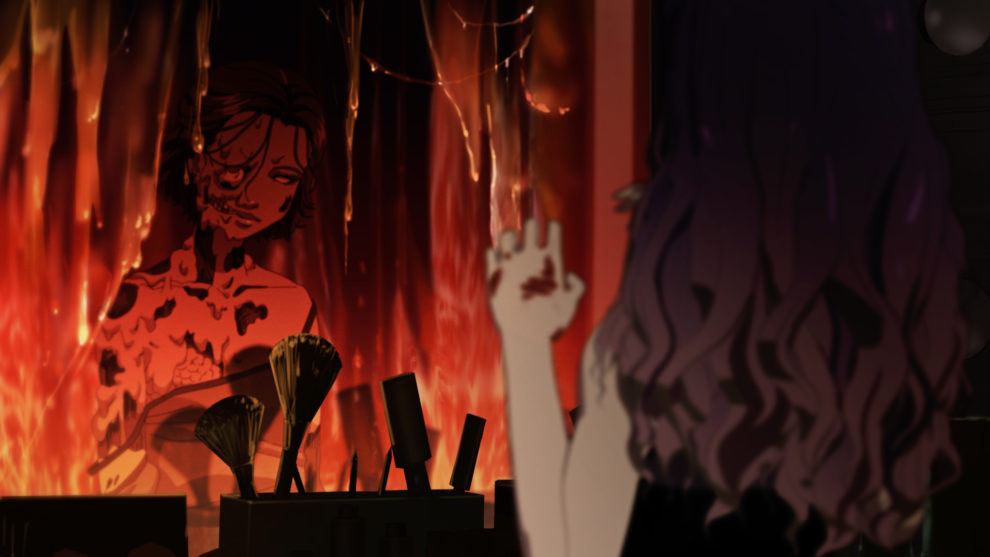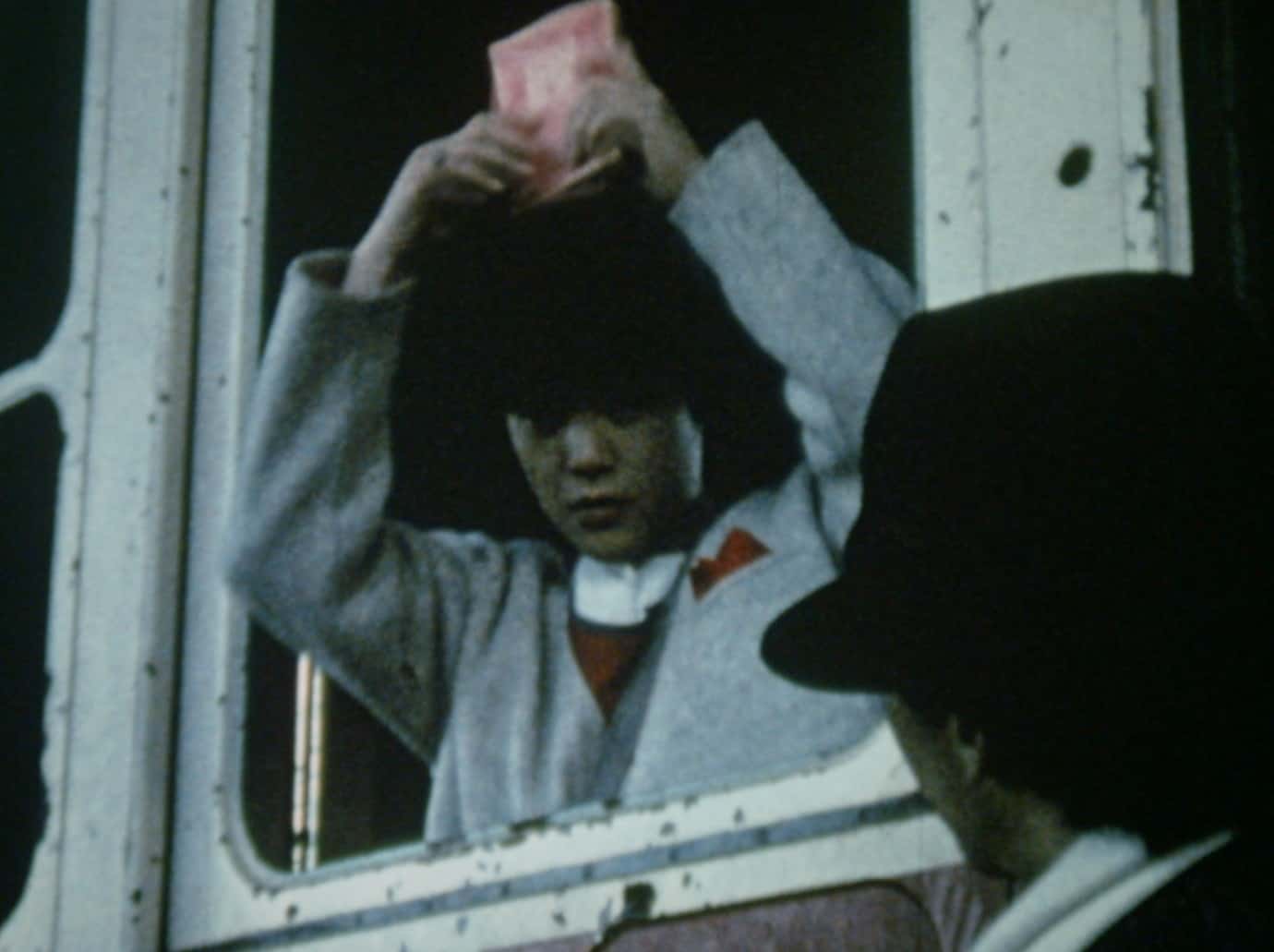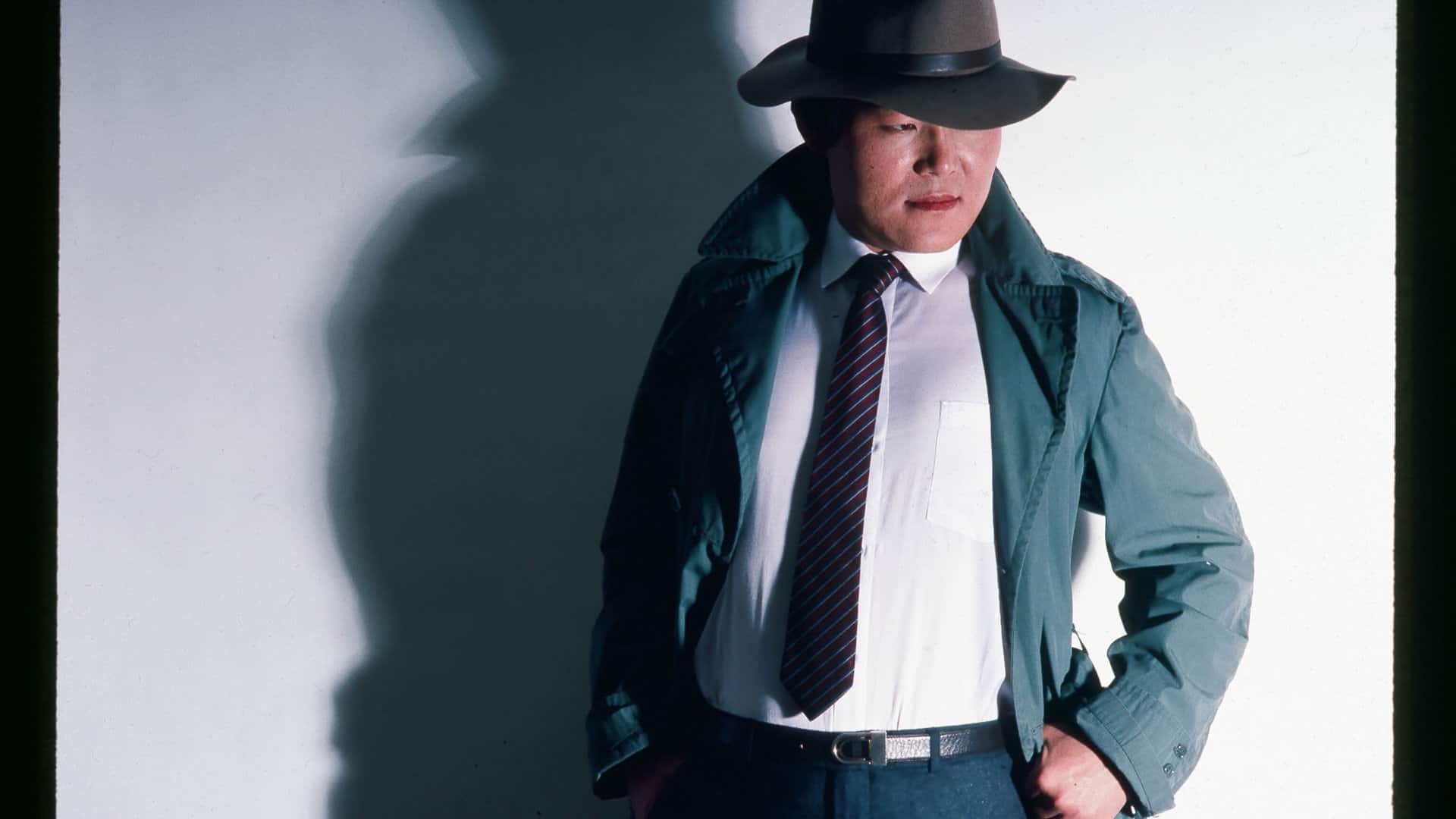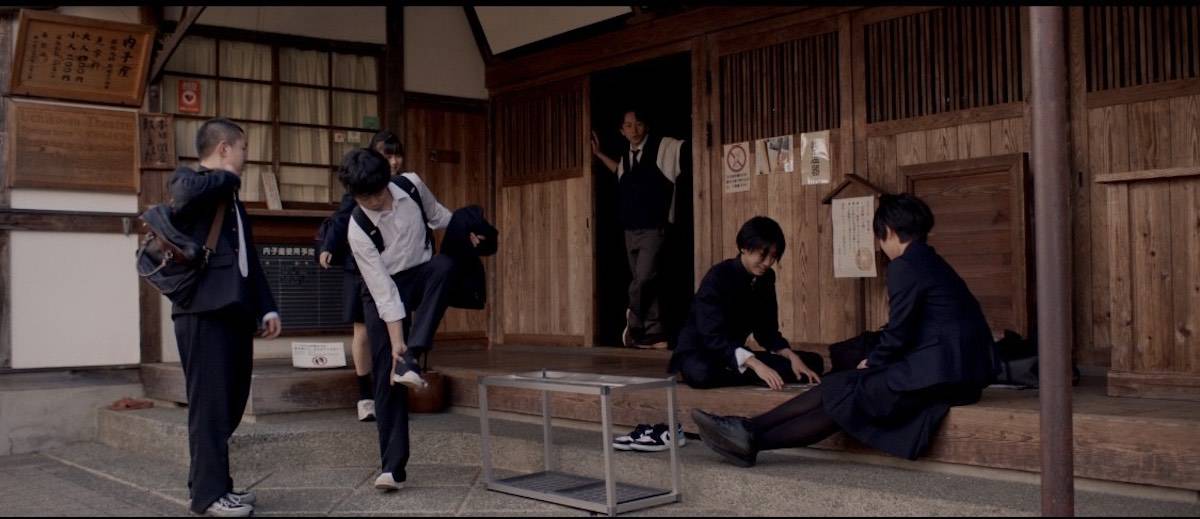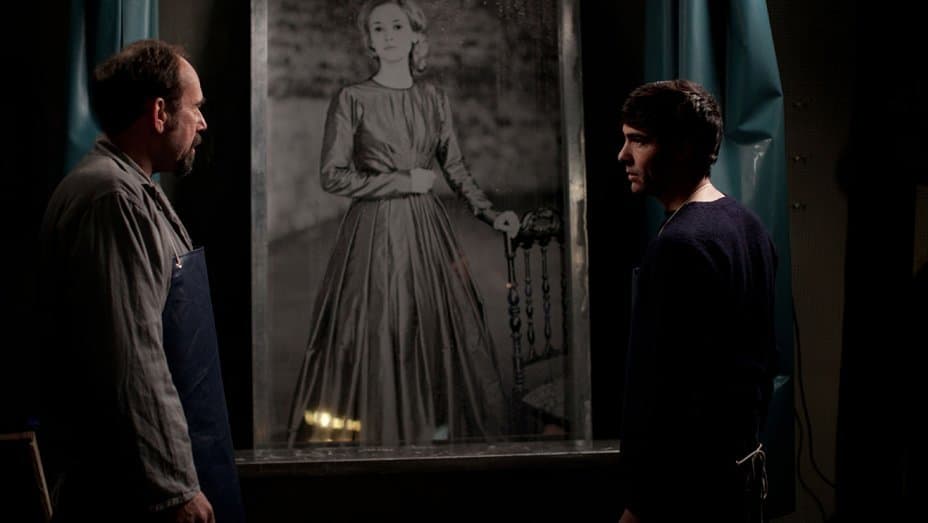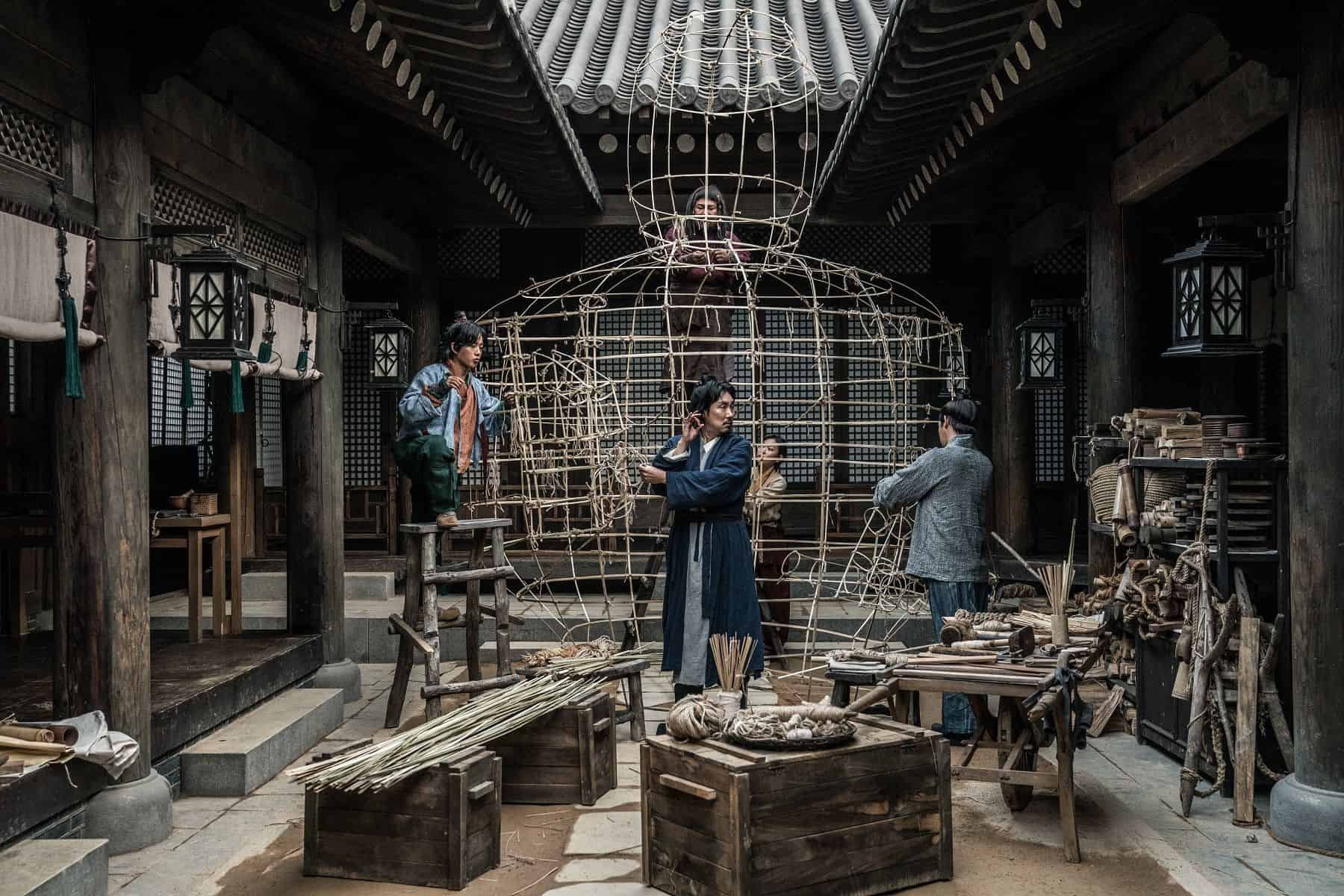With the rise of information technology, we have also entered the era of the social networks and thus the era of the new self, one which is to a smaller degree assessed by the individual, but by a wide audience. Beauty blogs as well as the growing and economically legitimized demand to optimize yourself, societies which have a tendency to evaluate a person based on outer appearance have now found the perfect platform to engage in this endeavor, possibly leading to a less tolerant and more conformist society. Recently, novels such as Han Kang intriguing “The Vegetarian” have attempted to shed some light on the increasingly problematic relationship between a superficial society, tradition and patriarchy. In his animated feature “Beauty Water”, first-time director Cho Kyung-hun deals with similar themes, but uses a genre framework to further explore the interconnections of social media, its obsession with beauty and how it changes the perception of the individual's self.
“Sometime, Sometime” is Screening at Five Flavours Asian Film Festival
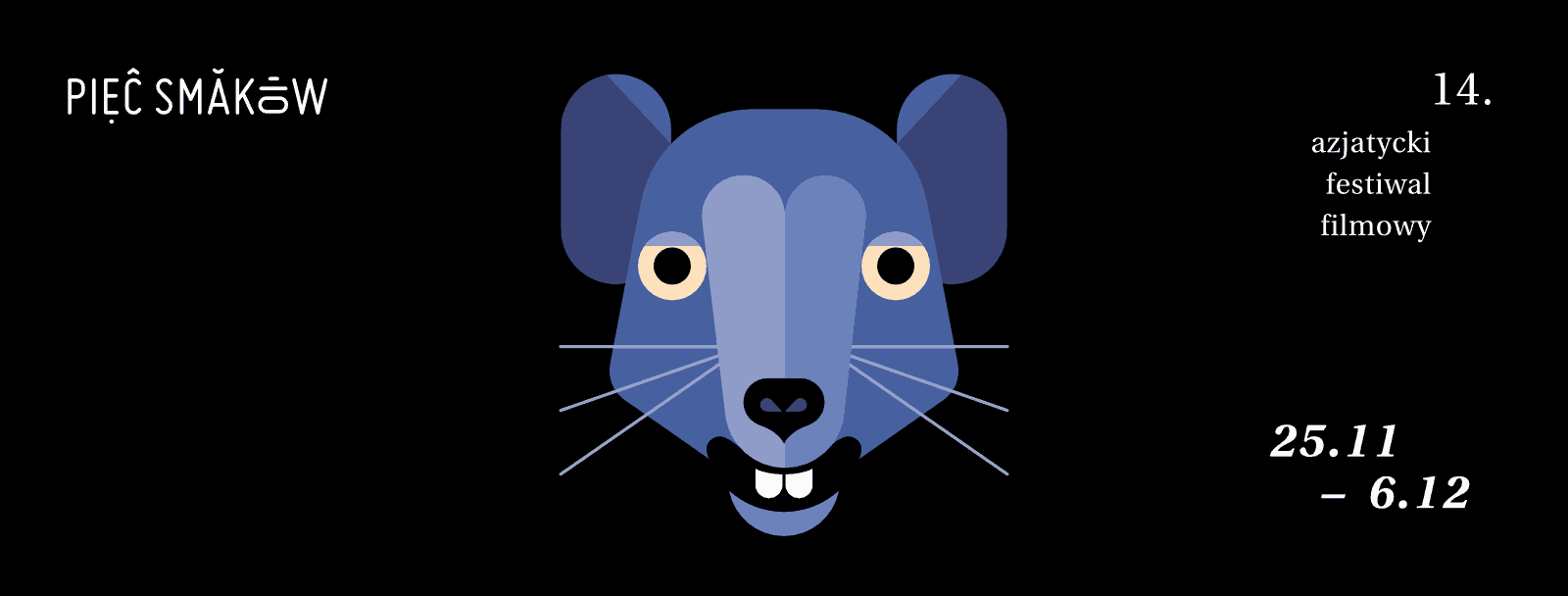
Ever since her dream of becoming a ballet dancer has come to a halt, Yaeji has settled for a place behind the fame of others and taken a job as a make-up artist for Miri, one of South-Korea's most prominent stars. Due to her obesity, she is also the victim of frequent bullying from Miri, who thinks she is disgusting, to regular people she meets on the streets and even her parents, or at least that is how she feels about it. Furthermore, after she had to step in as an extra in one of Miri's shoots, she is ridiculed online, resulting in Yaeji locking herself in her room for months, while her parents try desperately to make her come out.
One day, she receives an e-mail for “Beauty Water”, a lotion which is supposed to make your skin flexible and smooth enough so that one is able to form it according to one's wishes. Desperate to change her appearance, Yaeji tries it out and is surprised as her face indeed has changed for the better. Her longing to also change the rest of her body makes her order more “Beauty Water” and change her name to further distance herself from her former, obese self. However, her beauty comes at a price, not just financially.
Although you may be tempted to think of the body and the self as a unity, in an increasingly superficial society, this notion is far from reality. Lee Han-bin's script goes into the subject matter, showing how the looks and comments of others further the gap between self and body, resulting in the radical step of the character to give herself a new name fitting to her new body. The old self, which is still somewhere inside her, thus becomes the true monster, the enemy that has to be defeated, a red-eyed, all-consuming entity out of one's nightmare. In “Beauty Water” the obsession with beauty coincides with an obsession with the body, or more precisely, the body becoming the enemy of the self-image one dreams of.
At its core, “Beauty Water” is a true body-horror feature, comparable to the early works of directors such as David Cronenberg. Even though there is no parasite entering the body of the protagonist, she allows her body to be changed, shapes it into a form which paradoxically is both her self-image, but also the images the public finds attractive. Cho Kyung-hun shows how the obsession with beauty causes a psychological disorder, a problematic fetish with one's body that is in constant need of “maintenance” or “optimization”, thus becoming another “invisible wall” for the character as every body has its limits.
In conclusion, “Beauty Water” is an intriguing entry into the body-horror sub-genre. Based on an interesting premise, the director explores the relationship of beauty and self, making a provocative statement of a trend, which is not restricted to his home country but whose repercussions can be felt all around the world.


